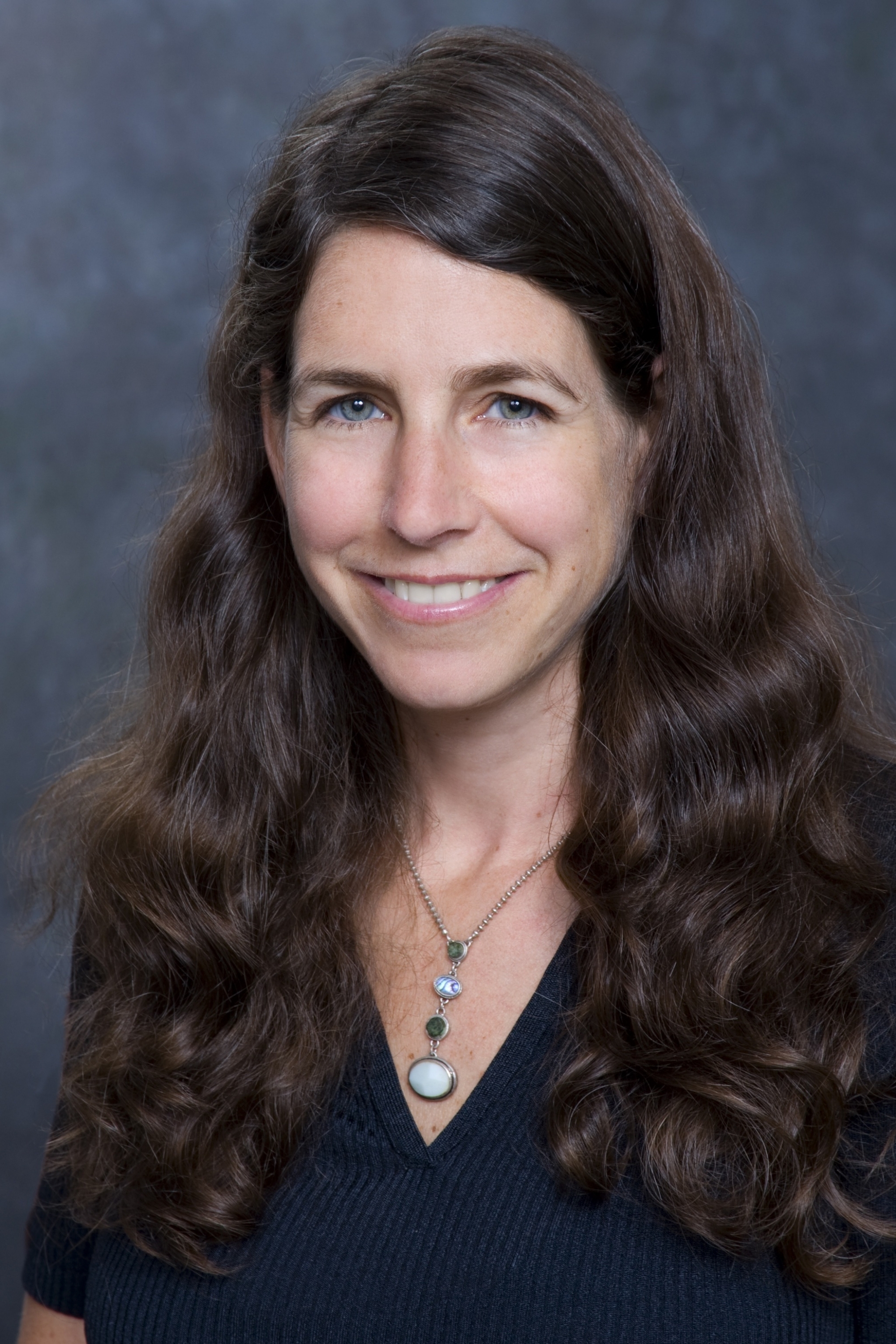
UH Associate Law Professor Andrea Freeman, a pioneer of the theory of “food oppression,” which studies how industry-government partnerships harm marginalized communities, has been awarded the prestigious 2020-21 Fulbright-King’s College London Research Scholar Award.
The award begins in January 2021.
Prof. Freeman will study food inequality and its relationship to policy in the United Kingdom, investigating how law and policy interact with corporate interests, racial stereotypes, and popular beliefs about health and personal responsibility to create and perpetuate health disparities.
“The UK has significant disparities along racial lines in rates of Type 2 diabetes, obesity, strokes, high blood pressure, and heart disease,” said Prof. Freeman. “These conditions are risk factors for the most serious and deadliest cases of COVID-19.”
Law School Dean Avi Soifer said, “The comparative work that Professor Freeman will do in the United Kingdom is certain to enrich her pathbreaking scholarship, and to add to her outstanding international reputation.”
Freeman uses a critical race theory lens to examine how apparently neutral food-related law and policy, influenced by corporate interests, contribute to health disparities along race, gender, and class lines.
Her recent book, Skimmed: Breastfeeding, Race, and Injustice (Stanford University Press, 2020) explores how cooperation between the government and the food, agricultural, and pharmaceutical industries is a key factor in racial disparities in infant feeding.
Skimmed traces the story of the famed “Fultz Quads”- four identical sisters born into a North Carolina tenant farming family in 1946. They were America’s first surviving black quadruplets. Their white physician sold the rights to use the girls for marketing purposes to the highest-bidding formula company, Pet Milk. Now, more than half a century later, baby formula is a $70 billion industry and black mothers have the lowest breastfeeding rates in the U.S.
The book has generated a great deal of attention internationally, as well as across the United States.
